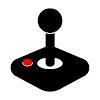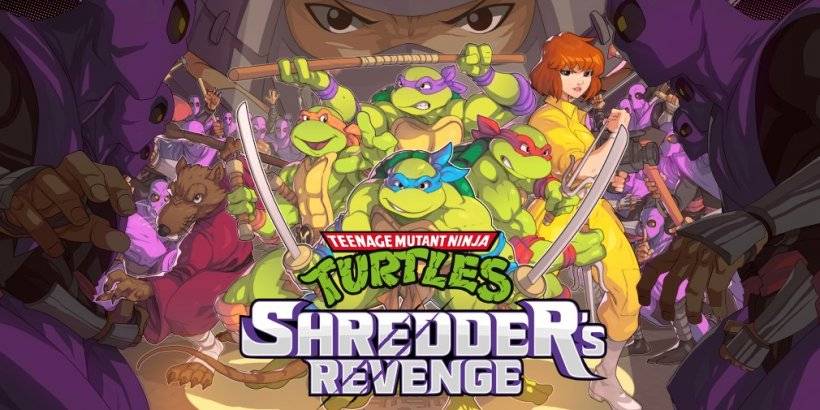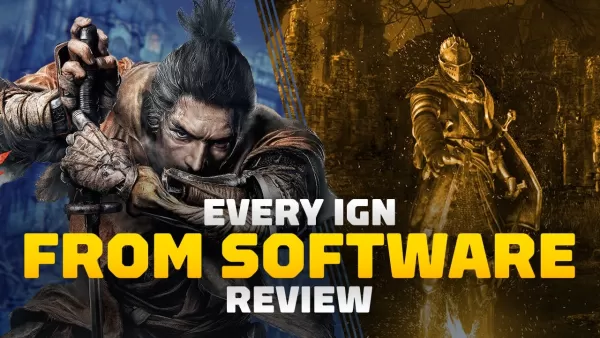Activision Allows Console Players to Disable Crossplay Amid Cheating Surge in Call of Duty
Activision has taken significant steps to address the rampant cheating concerns voiced by the Call of Duty community, specifically in Black Ops 6 and Warzone. In response to the outcry following the introduction of Ranked Play in these games with the launch of Season 1 last year, the company has announced measures to combat cheating, including the option for console players to disable crossplay with PC players in Ranked Play modes.
Cheating has been a hot topic among hardcore Call of Duty fans, with many believing it severely impacts the integrity of competitive multiplayer. Activision's Team Ricochet, the division tasked with developing anti-cheat technology for Call of Duty, acknowledged in a statement last month that their initial efforts at the launch of Season 1 fell short, particularly in Ranked Play. "After a series of updates our systems are in a better place today across all modes; however, we did not hit the mark for the integration of Ricochet Anti-Cheat at the launch of Season 01 — particularly for Ranked Play," they admitted.
In a recent blog post, Activision outlined its strategy to tackle cheating in Call of Duty throughout 2025. They reported issuing over 136,000 account bans in Ranked Play since its inception. With the upcoming Season 2, players can expect enhanced client and server-side detection systems, along with a significant kernel-level driver update. Looking ahead to Season 3 and beyond, Activision teased the introduction of new technology, including a system designed to authenticate legitimate players and target cheaters more effectively. However, details on this upcoming tech were kept under wraps to prevent cheat developers from gaining insights.
Starting with Season 2, console players will have the option to turn off crossplay in Black Ops 6 and Warzone Ranked Play, allowing them to compete exclusively against other console users. This move is aimed at curbing the prevalence of cheating, which is predominantly associated with PC players. "We'll be monitoring closely and will consider further changes to prioritize the integrity of the ecosystem, and we’ll have more details to share as we get closer to the launch of this feature," Activision stated.
Despite Activision's efforts, skepticism remains among the hardcore fanbase regarding anti-cheat updates. Cheating has been a persistent issue for the company, especially since the explosive popularity of the free-to-play Warzone in 2020. Activision has invested heavily in anti-cheat technology and legal actions against cheat developers, achieving notable successes in recent court cases.
In preparation for the launch of Black Ops 6, Activision set a goal to remove cheaters from the game within one hour of their first match. The game was released with an updated version of Ricochet's kernel-level driver, also implemented in Warzone, featuring new machine-learning behavioral systems designed to quickly detect and analyze gameplay to combat aim bots.
Activision described cheat developers as organized, illegal groups who meticulously analyze game data to exploit vulnerabilities. "The people behind cheats are organized, illegal groups that pick apart every piece of data within our games to look for some way to make cheating possible," they stated. "These bad guys are not just some script kiddies poking around with code they found online. They are a collective who profit from exploiting the hard work of game developers across the industry. But cheat developers are flawed (clearly — they have to pretend to be good at video games). Every time they cheat, they leave breadcrumbs behind. We’re always looking for those breadcrumbs to find the bad actors and get them out of the game."















![After Guardian Angel [remake '17]](https://imgs.21all.com/uploads/77/1731989317673c0f45bdf26.jpg)













